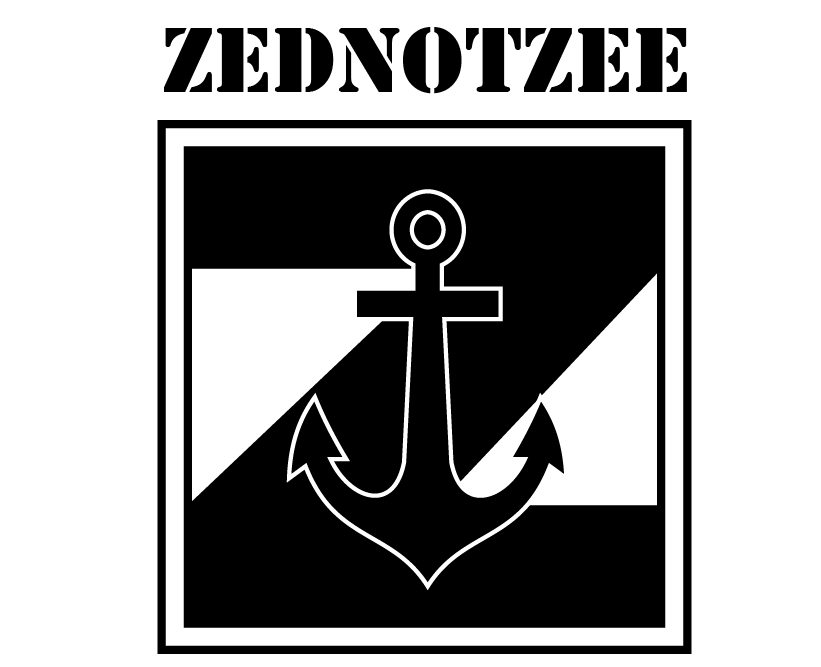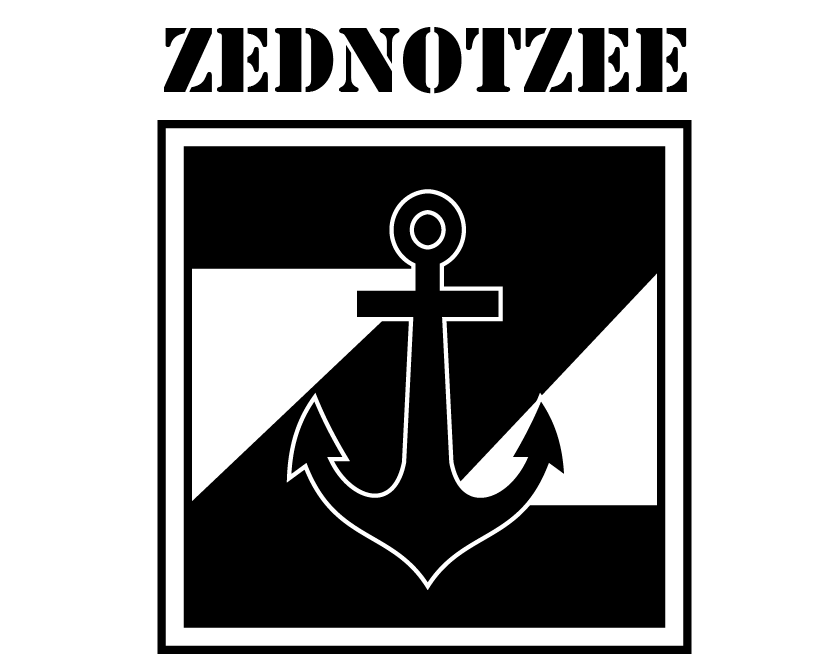Naval Aid Bill - Admiralty Memorandum
From the Secretary of State for the Colonies to His Royal Highness the Governor General.
Downing Street, 25th October 1912.
Sir,
1. I have the honour to transmit to Your Royal Highness the accompanying copy of a memorandum relating to the requirements of the naval defence of the Empire.
2. This document has been prepared by the Admiralty on the instructions of His Majesty's Government in compliance with the request of Mr. Borden with a view to presentation to the Dominion Parliament if, and when, the Dominion ministers deem it necessary.
I have, &c,
L. Harcourt.
****
MEMORANDUM
Prepared by the Board of Admiralty on the General Naval Situation and communicated to the Government of Canada by His Majesty's Government.
1. The Prime Minister of the Dominion of Canada has invited His Majesty's Government through the Board of Admiralty to prepare a statement of the present and immediately prospective requirements of the naval defence of the Empire for presentation to the Canadian Parliament if the Dominion Cabinet deem it necessary.
The Lords Commissioners of the Admiralty are prepared to comply and to supplement, in a form which can be made public, the confidential communications and conversations which have passed between the Admiralty and ministers of the Dominion Parliament during the recent visit to the United Kingdom.
The Admiralty set the greatest store by the important material, and still more important moral, assistance which it is within the power of Canada to give to maintaining British naval supremacy on the high seas, but they think it necessary to disclaim any intention, however indirect, of putting pressure upon Canadian public opinion, or of seeking to influence the Dominion Parliament in a decision which clearly belongs solely to Canada.
(Applause.)
The Admiralty therefore confine themselves in this statement exclusively to facts, and it is for the Dominion Government and Parliament to draw their own conclusions therefrom.
2. The power of the British Empire to maintain the superiority on the sea, which is essential to its security, must obviously be measured from time to time by reference to the other naval forces of the world, and such a comparison does not imply anything unfriendly in intention or in spirit to any other power or group of powers. From this point of view the development of the German fleet during the last fifteen years is the most striking feature of the naval situation to-day. That development has been authorized by five successive legislative enactments, viz., the Fleet Laws of 1898, 1900, 1906, 1908, and 1912. These laws cover the period up to 1920.
Whereas, in 1898, the German fleet consisted of:
9 battleships (excluding coast defence vessels),
3 large cruisers,
28 small cruisers,
113 torpedo boats, and
25,000 men,
maintained at an annual cost of 6,000,000l, the full fleet of 1920 will consist of:
41 battleships,
20 large cruisers,
40 small cruisers,
144 torpedo boats,
72 submarines, and
101,500 men,
estimated to be maintained at an annual cost of 23,000,000l. These figures, however, give no real idea of the advance, for the size and cost of ships has risen continually during the period, and, apart from increasing their total numbers, Germany has systematically replaced old and small ships, which counted as units in her earlier fleet, by the most powerful and costly modern vessels. Neither does the money provided by the estimates for the completed law represent the increase in cost properly attributable to the German navy, for many charges borne on British naval funds are otherwise defrayed in Germany; and the German navy comprises such a large proportion of new ships that the cost of maintenance and repair is considerably less than in navies which have been longer established.
3. The naval expansion of Germany has not been provoked by British naval increases. The German Government have repeatedly declared that their naval policy has not been influenced by British action, and the following figures speak for themselves:
In 1905 Great Britain was building 4 capital ships, and Germany 2.
In 1906 Great Britain reduced to 3 capital ships, and Germany increased to 3.
In 1907 Great Britain built 3 capital ships, and Germany built 3.
In 1908 Great Britain further reduced to 2 capital ships, and Germany further increased to 4.
It was not until the efforts of Great Britain to procure the abatement or retardation of naval rivalry had failed for 3 successive years that the Admiralty were forced in 1909, upon a general review of the naval situation, to ask Parliament to take exceptional measures to secure against all possible hazards the safety of the Empire. In that year, 8 capital ships were laid down in Great Britain, and 2 others were provided by the Commonwealth of Australia and the Dominion of New Zealand respectively a total of 10.
(Applause.)
4. In the spring of the present year the fifth German navy law was assented to by the Reichstag. The main feature of that law is not the increase in the new construction of capital ships, though that is important, but rather the increase in the striking force of ships of all classes which will be immediately available at all seasons of the year.
A third squadron of 8 battleships will be created and maintained in full commission as part of the active battle fleet. Whereas, according to the unamended law, the active battle fleet consisted of 17 battleships, 4 battle or large armoured cruisers, and 12 small cruisers, it will in the near future consist of 25 battleships, 8 battle or large armoured cruisers, and 18 small cruisers"; and whereas at present, owing to the system of recruitment which prevails in Germany, the German fleet is less fully mobile during the winter than during the summer months, it will, through the operation of this law, not only be increased in strength, but rendered much more readily available. Ninety-nine torpedo boat destroyers, instead of 66, will be maintained in full commission out of a total of 144; 72 new submarines will be built within the currency of the new law, and of these it is apparently proposed to maintain 54 with full permanent crews. Taking a general view, the effect of the law will be that nearly four-fifths of the entire German navy will be maintained in full permanent commission; that is to say, instantly and constantly ready for war.
So great a change and development in the German fleet involves, of course, important additions to their personnel. In 1898, the officers and men of the German navy amounted to 25,000. To-day that figure has reached 66,000. The new law adds 15,000 officers and men and makes a total in 1920 of 101,500.
The new construction under the law prescribes the building of 3 additional battleships—1 to be begun next year, 1 in 1916—and 2 small cruisers, of which the date has not yet been fixed. The date of the third battleship has not been fixed. It has been presumed to be later than the six years which are in view. The cost of these increases in men and in material during the next six years is estimated at 10,500,000l spread over that period above the previous estimates. The facts set forth above were laid before the House of Commons on the 22nd July 1912, by the First Lord of the Admiralty.
5. The effect of the new German navy law is to produce a remarkable expansion of strength and readiness. The number of battleships and large armoured cruisers which will be kept constantly ready and in full commission will be raised by the law from 21, the present figure, to 33—an addition of 12, or an increase of about 57 per cent.
The new fleet will, in the beginning, include about 20 battleships and large cruisers of the older type, but gradually as new vessels are built the fighting power of the fleet will rise until in the end it will consist completely of modern vessels.
The complete organization of the German fleet, as described by the latest law, will be 5 battle squadrons and a fleet flagship, comprising 41 battleships in all, each attended by a battle or armoured cruiser squadron, complete with small cruisers and auxiliaries of all kinds and accompanied by numerous flotillas of destroyers and submarines.
This full development will only be realized step by step; but already in 1914 2 squadrons will, according to Admiralty information, be entirely composed of what are called dreadnoughts, and the third will, be made up of good ships like the 'Deutschlands' and the 'Braunschweigs', together with 5 dreadnought battle cruisers.
This great fleet is not dispersed all over the world for duties of commerce protection or in discharge of Colonial responsibilities, nor are its composition and character adapted to those purposes. It is concentrated and kept concentrated in close proximity to the German and British coasts.
Attention must be drawn to the explicit declaration of the tactical objects for which the German fleet exists, as set forth in the preamble to the naval law of 1900 as follows:
"In order to protect German trade and commerce under existing conditions, only one thing will suffice, namely, Germany must possess a battle fleet of such strength that even 1 for the most powerful naval adversary a war would involve 'such risks as to make that power's own supremacy doubtful. For this purpose, it is not absolutely necessary that the German fleet should be as strong, as that of the greatest naval power, for, as a rule, a great naval power will not be in a position to concentrate all its forces against us."
6. It is now necessary to look forward to the situation in 1915.
In Home Waters.
In the Spring of the year 1915: Great Britain will have 25 dreadnought battleships and 2 ' Lord Nelsons.'
Germany will have 17 dreadnought battleships.
Great Britain will have 6 battle cruisers.
Germany will have 6 battle cruisers.
These margins in new ships are sober and moderate. They do not err on the side of excess. The reason they suffice for the present is that Great Britain possesses a good superiority in battleships, and especially armoured cruisers, of the predreadnought era.
The reserve of strength will steadily diminish every year, actually, because the ships of which it is composed grow old, and relatively, because the new ships are more powerful. It will diminish more rapidly if new construction in Germany is increased or accelerated. As this process continues, greater exertions will be required by the British Empire.
Mediterranean Station.
Four battle cruisers and four armoured cruisers will be required to support British interests in the Mediterranean during the years 1913 and 1914. During those years the navies of Austria and Italy will gradually increase in strength, until in 1915 they will each possess a formidable fleet of 4 and 6 dreadnought battleships respectively, together with strong battleships of the pre-dreadnought types and other units, such as cruisers, torpedo-craft, etc. It is evident, therefore, that in the year 1915 our squadron of 4 battle cruisers and 4 armoured cruisers will not suffice to fulfil our requirements, and its whole composition must be re-considered.
Overseas.
It has been necessary within the past decade to concentrate the fleet mainly in home waters. In 1902 there were 160 British vessels on the overseas stations against 76 to-day.
7. Naval supremacy is of two kinds: general and local. General naval supremacy consists in the power to defeat in battle and drive from the seas the strongest hostile navy or combination of hostile navies wherever they may be found. Local superiority consists in the power to send in good time to, or maintain permanently in some distant theatre forces adequate to defeat the enemy or hold him in check until the main decision has been obtained in the decisive theatre. It is the general naval supremacy of Great Britain which is the primary safeguard of the security and interests of the great dominions of the Crown, and which for all these years has been the deterrent upon any possible designs prejudicial to or inconsiderate of their policy and safety.
(Applause.)
The rapid expansion of Canadian sea-borne trade, and the immense value of Canadian cargoes always afloat in British and Canadian bottoms, here require consideration. On the basis of the figures supplied by the Board of Trade to the Imperial Conference of 1911, the annual value of the overseas trade of the Dominion of Canada in 1909-10 was not less than £72,000,000, and the tonnage of Canadian vessels was 718,000 tons, and these proportions have already increased and are still increasing. For the whole of this trade wherever it may be about the distant waters of the world, as well as for the maintenance of her communications, both with Europe and Asia, Canada is dependent, and has always depended upon the Imperial navy, without corresponding contribution or cost.
Further, at the present time and in the immediate future Great Britain still has the power, by making special arrangements and mobilizing a portion of the reserves, to send, without courting disaster at home, an effective fleet of battleships and cruisers to unite with the Royal Australian navy and the British squadrons in China and the Pacific for the defence of British Columbia, Australia and New Zealand.
(Applause.)
And these communities are also protected, and their interests safeguarded by the power and authority of Great Britain so long as her naval strength is unbroken.
(Hear, hear.)
8. This power, both specific and general, will be diminished with the growth not only of the German navy, but by the simultaneous building by many powers of great modern ships of war.
Whereas, in the present year, Great Britain possesses 18 battleships and battle - cruisers of the dreadnought class against 19 of that class possessed by the other powers of Europe, and will possess in 1913, 24 to 21, the figures in 1914 will be 31 to 33, and in the year 1915, 35 to 51.
The existence of a number of navies all comprising ships of high quality must be considered in so far as it affects the possibilities of adverse combinations being suddenly formed. Larger margins of superiority at home would, among other things, restore a greater freedom to the movements of the British squadrons in every sea, and directly promote the security of the Dominions.
Anything which increases our margin in the newest ships diminishes the strain and augments our security and our chances of being left unmolested.
(Applause.)
9. Whatever may be the decision of Canada at the present juncture, Great Britain will not in any circumstances fail in her duty to the Overseas Dominions of the Crown.
(Cheers and loud applause, some Liberals joining.)
She has before now successfully made head alone and unaided against the most formidable combinations, and she has not lost her capacity by a wise policy and strenuous exertions to watch over and preserve the vital interests of the Empire.
(Applause.)
The Admiralty are assured that His Majesty's Government will not hesitate to ask the House of Commons for whatever provision the circumstances of each year may require. But the aid which Canada could give at the present time is not to be measured only in ships or money.
(Loud cheers.)
Any action on the part of Canada to increase the power and mobility of the Imperial Navy, and thus widen the margin of our common safety, would be recognized everywhere as a most significant witness to the united strength of the Empire, and to the renewed resolve of the Overseas Dominions to take their part in maintaining its integrity.
(Loud applause.)
10. The Prime Minister of the Dominion having inquired in what form any immediate aid that Canada might give would be most effective, we have no hesitation in answering after a prolonged consideration of all the circumstances that it is desirable that such aid should include the provision of a certain number of the largest and strongest ships of war which science can build or money supply.''
(Loud cheers and prolonged applause.)
****



